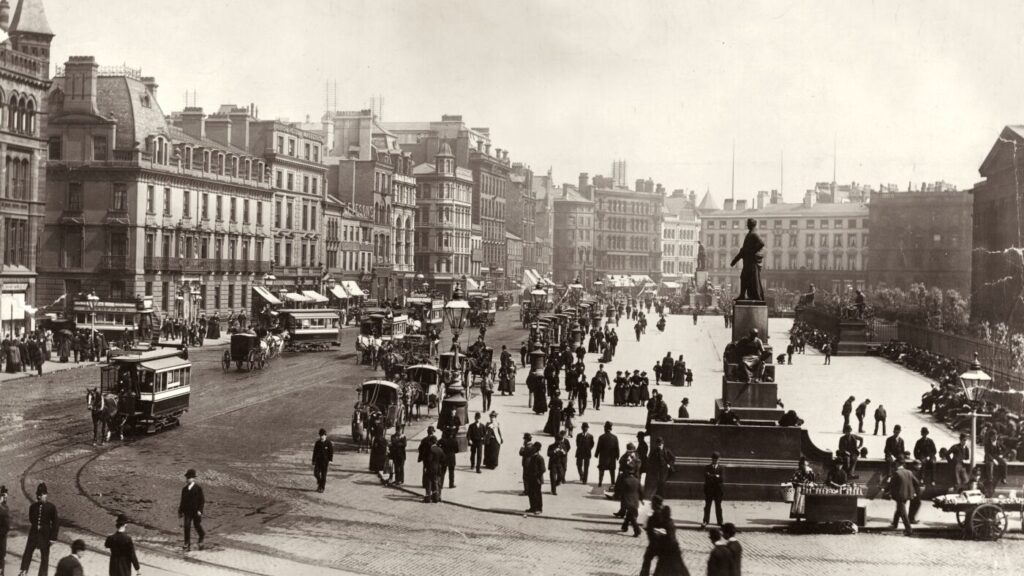The article discusses the historical significance of Manchester, England, as a focal point for the workers’ rights movement, highlighting the infamous 1819 Peterloo Massacre where British troops dispersed a peaceful protest, killing at least 18 individuals. This tragic event memorializes the struggle for political representation among the working class during the Industrial Revolution.
As the world’s first industrial city, Manchester attracted a new urban working class facing severe poverty and illness, which led to calls for better working conditions and political rights. The conditions catalyzed the theories of notable figures like Friedrich Engels and Karl Marx, who documented the plight of the working class and critiqued the socio-economic disparities they observed. Engels, who lived in Manchester for 22 years, was particularly influenced by the struggles he witnessed, which shaped his and Marx’s revolutionary ideas.
Despite their advocacy, universal male suffrage in Britain only occurred post-World War I, and women gained voting rights later in 1928. The article emphasizes Manchester’s legacy in inspiring global movements for labor rights, as seen in memorials linking struggles in different parts of the world. Manchester’s history continues to resonate today, encapsulating the ongoing quest for social justice and political representation for workers globally.
Source link


